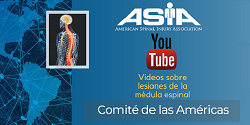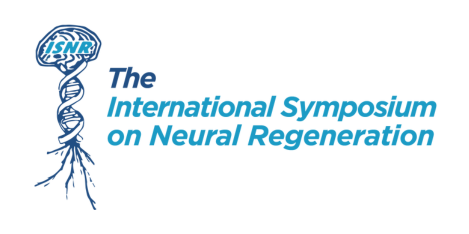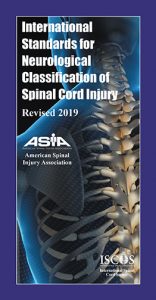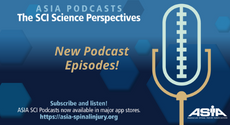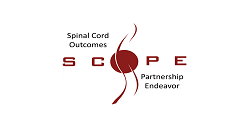.

The American Spinal Injury Association is proud to announce the 2025 Fellow of ASIA (FASIA) award recipients. Fellowship in ASIA is bestowed by the Board of Directors in recognition of distinguished accomplishments in Spinal Cord Injury Research, Clinical Practice, Education, and Advocacy, and for a longstanding active membership of service to the society. The designation of FASIA recognizes prominent contributions to, and support of, ASIA’s policies, practices, operations, and goals, which together advance its organizational mission.
The 2025 FASIA recipients will be honored during the Annual Scientific Meeting, June 2-4 in Scottsdale, AZ. Conference information can be found online here.
Fellow of ASIA (FASIA) Criteria
2025 Fellow of ASIA (FASIA) Award Recipients |
|||
|---|---|---|---|
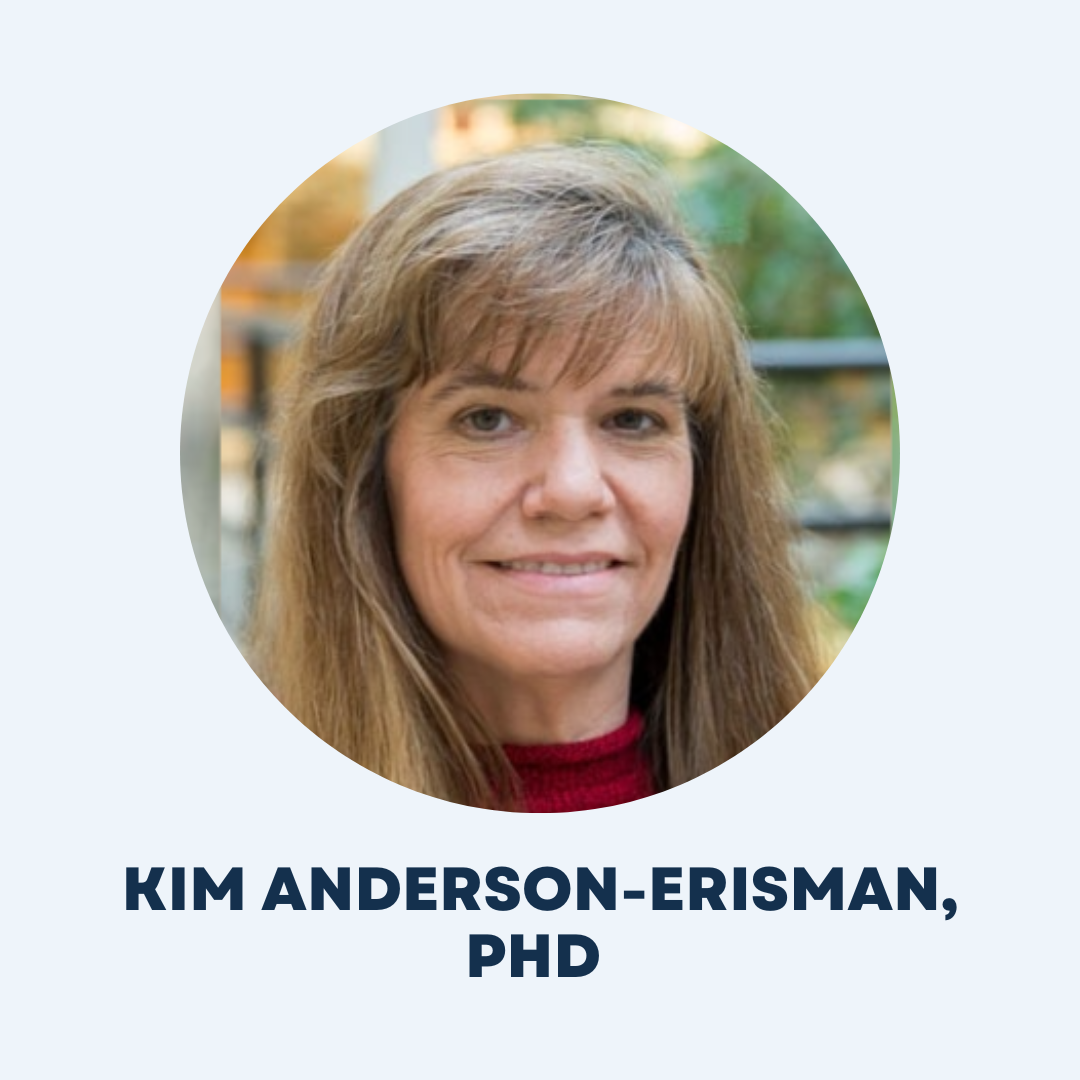 |
Dr. Kim Anderson-Erisman is a Professor in the Department of Physical Medicine and Rehabilitation at the MetroHealth Medical Center and Case Western Reserve University (CWRU) School of Medicine. She has served on the Board of Directors (2017-2023) of the American Spinal Injury Association and multiple committees in the organization. She is currently the Director of the Northeast Ohio Regional Spinal Cord Injury (SCI) Model System of Care. She was also a co-founder and the inaugural President of the North American Spinal Cord Injury Consortium. Her research has focused on translational investigations and bridging the gap between basic science, clinical science, and the public community living with SCI. Her training spans the spectrum of SCI research, from cellular and molecular studies to whole animal and behavioral studies, to human research. | ||
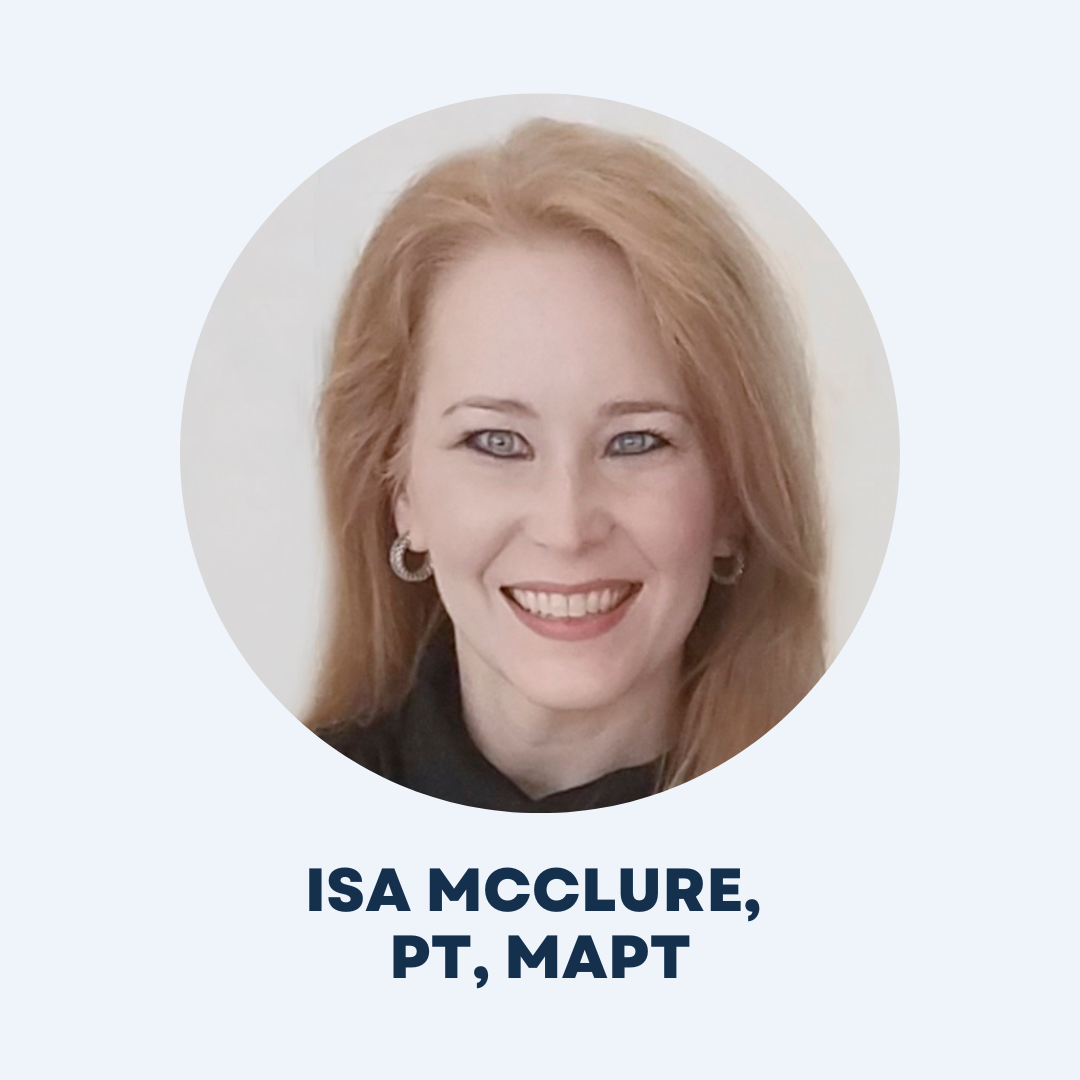 |
Isa McClure is a physical therapist and spent many years at the Kessler Institute for Rehabilitation and the Kessler Foundation in New Jersey. Over the years, Isa was actively involved in both clinical care and research. She developed expertise in adult spinal cord injury and focused much time and energy on neurogenic skin and treating pressure injuries across the continuum of care. Isa has published both original research and textbook chapters as well as having collaborated on multiple clinical trials. She has presented both nationally and internationally on many areas within spinal cord injury. Isa has been actively involved in ASIA and has participated in many committees including Rehab Standards, Awards and Education and was incredibly excited to bring SkinStep to the ASIA eLearning portfolio with the Rehab Standards Team. She was deeply honored to serve on the ASIA Board of Directors from 2018-2024. | ||
 |
Ronald K. Reeves, MD is a subspecialty certified spinal cord medicine specialist at Mayo Clinic in Rochester Minnesota, USA. He earned his B.A. degree from Brandeis University in Waltham Massachusetts and his M.D. degree from Mayo Clinic College of Medicine. Dr Reeves holds the academic rank of Associate Professor of Physical Medicine and Rehabilitation at the Mayo Clinic College of Medicine. His research focuses on traumatic and non traumatic spinal cord injury classification, management and outcomes. He co-chaired the development of InSTeP with Dr William Waring, Chaired, the ASIA Education Committee and also previously served on the ASIA Board of Directors. | ||
 |
Dr. Cristina L. Sadowsky, Associate Professor in Physical Medicine and Rehabilitation at Johns Hopkins School of Medicine, is the Clinical Director of the International Center for Spinal Cord Injury at Kennedy Krieger Institute in Baltimore, a CARF accredited program caring for both children and adults with spinal cord related paralysis and built on the philosophy that functional restoration is activity dependent and can be best achieved through structured medico-rehabilitative interventions. She is board certified in Physical Medicine and Rehabilitation and Spinal Cord Injury Medicine. Dr. Sadowsky’s research interests center on prevention of complications in children and adults with paralysis related to traumatic and non-traumatic spinal cord dysfunction and the efficacy of activity based restorative therapies (ABRT) in helping individuals with long-term paralysis recover sensation, movement and independence.Read More | ||
| Thank you to the 2025 FASIA recipients for their contributions to ASIA and SCI Science. | |||


